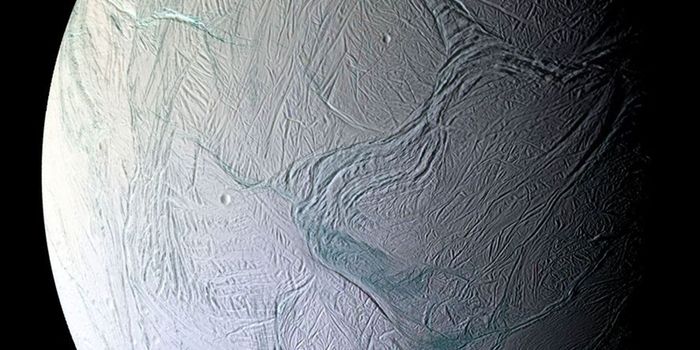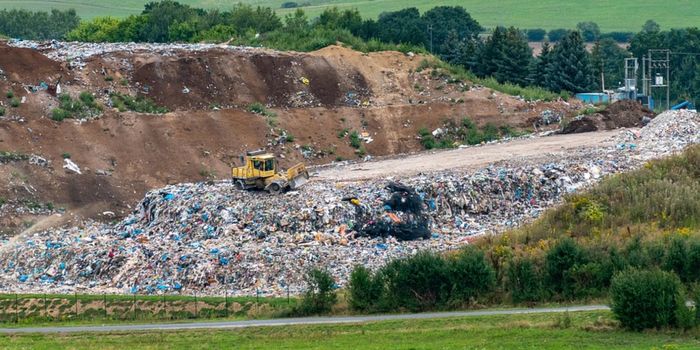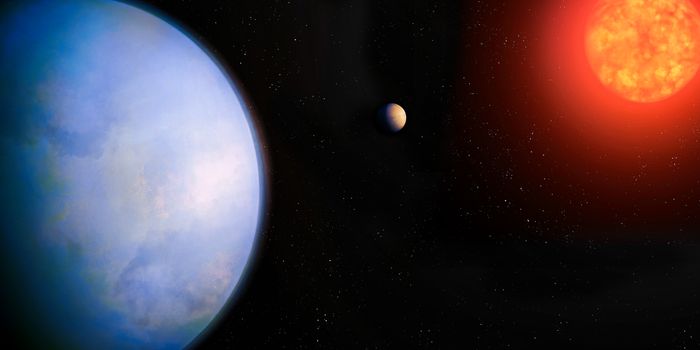UK rivers toxic with microplastics
It’s no news that microplastics are invading our oceans and through biomagnification, our food chains. But a recent study published in the journal Nature Geoscience says that microplastics aren’t only in ocean ecosystems – they’re in rivers, too. The University of Manchester study, which looked at sediments from 40 rivers and waterways all over northwest England, found microplastics “everywhere”. Though the study only analyzed sediments in the Greater Manchester water basin, the team of scientists say their research is preliminary, and that pollution from microplastics in rivers is a greater issue than people realize.
"We just need to get out there and see. We still don't know the full scale of the microplastic problem. I think that it is likely that there are even higher concentrations in some of the large rivers passing through global megacities," said lead researcher Dr. Rachel Hurley.
In order to understand the reality of the situation, the team isolated sections of riverbed and measured the level of microplastic contamination in those sections. They reported that no waterway was untouched, even rural streams seemingly far from human influence. However, by far the most contaminated river was the River Tame at Denton, which measured 517,000 particles per square meter. That’s the highest level of microplastics documented in the entire world at the moment. The team calls this river, along with others with similar levels of pollution a “hotspot”.
The scientists say that more work is needed in order to determine the specific sources of the microplastics. "In urban environments, microplastics may come from wastewater and sewer systems, from plastic litter that is broken up and fragmented, and even from the air.” Often times in treatment plants microplastics slip right through filters because they are so small. “Sources may not be active all of the time, so they are difficult to track…" said Dr. Hurley.
And, of course, there is a greater concern of rivers polluted with microplastics: all rivers lead to the ocean. According to The Telegraph, “a single polyester fleece jacket can release more than 1900 plastic fibers per wash.” All those little plastics add up - one estimate says we put 6.4 million tons of plastic in our oceans every year; a lot of which ends up in fishes’ stomachs and later in our own. Do you eat seafood? Did you know that humans who eat seafood ingest approximately 11,000 pieces of microplastic every year? Think about that for a moment.
Sources: The Telegraph, BBC News, Nature Geoscience









